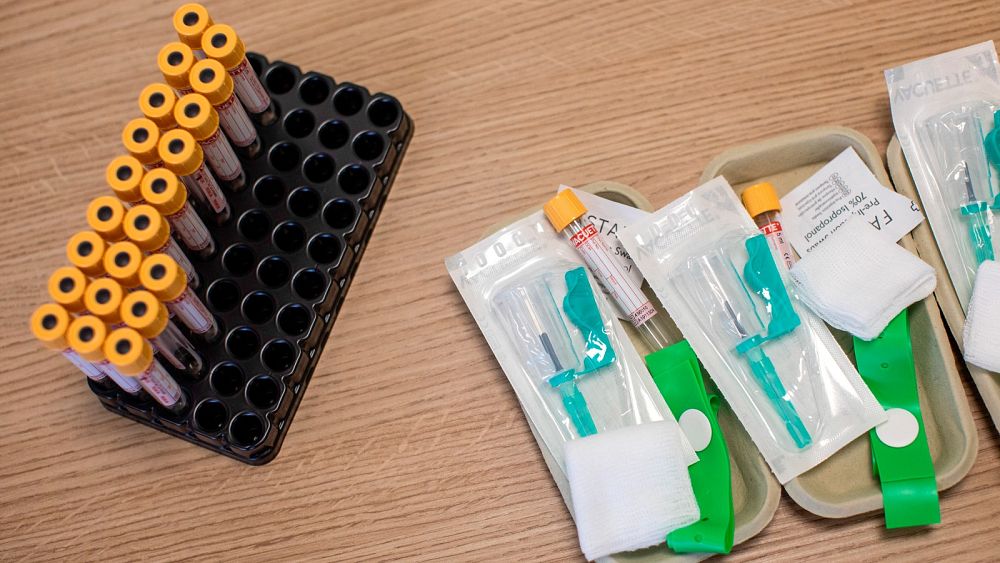
The United Kingdom will roll out a national surveillance programme to measure antibodies in people who test positive for COVID-19 to better understand people’s response to an infection.
The NHS will send antibody tests to anyone who tests positive for the virus if they decide to opt into the programme.
It’s meant to measure the antibodies, or proteins used by the immune system to recognise and fight off the virus, in a person’s body. A person develops these antibodies in response to an infection or vaccination in order to fight off the virus.
Those who test positive for COVID-19 will be sent two finger-prick tests.
One is meant to be completed right away to determine if the person already has antibodies against the coronavirus. The second will be completed 28 days after an infection to see how the body has reacted to an infection.
The government said it can provide home antibody tests for up to 8,000 people a day if they opt in to the programme.
“We are rolling out antibody testing across the UK to gain vital data into the impact of our vaccination programme and on immune responses to different variants of COVID-19,” said Dr Jenny Harries, Chief Executive of the UK National Health Security Agency.
The UK government hopes that the tests will help them to understand the protection provided by vaccines. There’s concern that the immunity provided from the vaccine wanes overtime
At least 87% of people aged 16 and over have received at least one COVID-19 vaccine dose in the UK and 76% have had a second dose, the government said.
The UK reported 32,058 COVID-19 cases on Saturday and 104 deaths due to the virus.